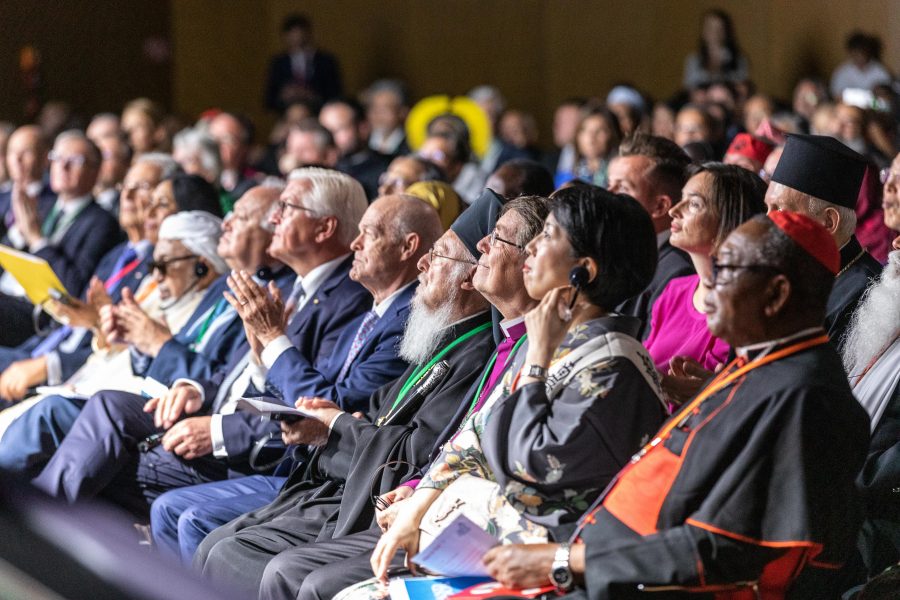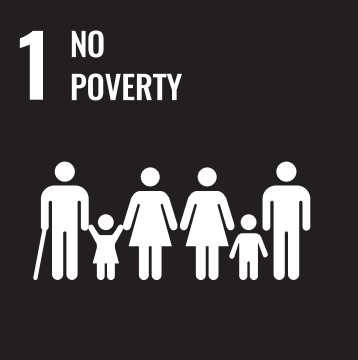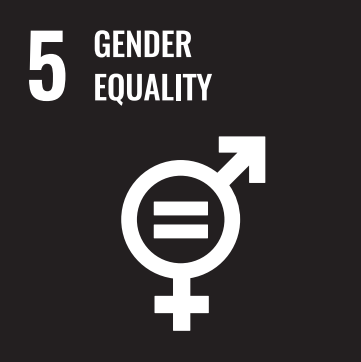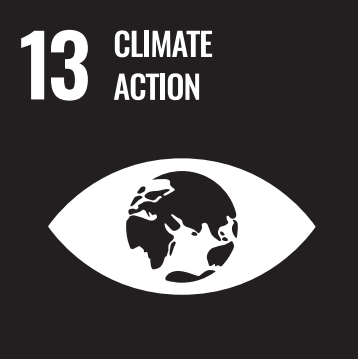key strategic priority
Gender Equality
Equality for women and girls is a foundation for securing a more peaceful and inclusive world for all people.
This strategic priority contributes to Sustainable Development Goals (SDGs): No Poverty, Gender Equality, and Climate Action
Learn about the Standing Commission for this strategic priority
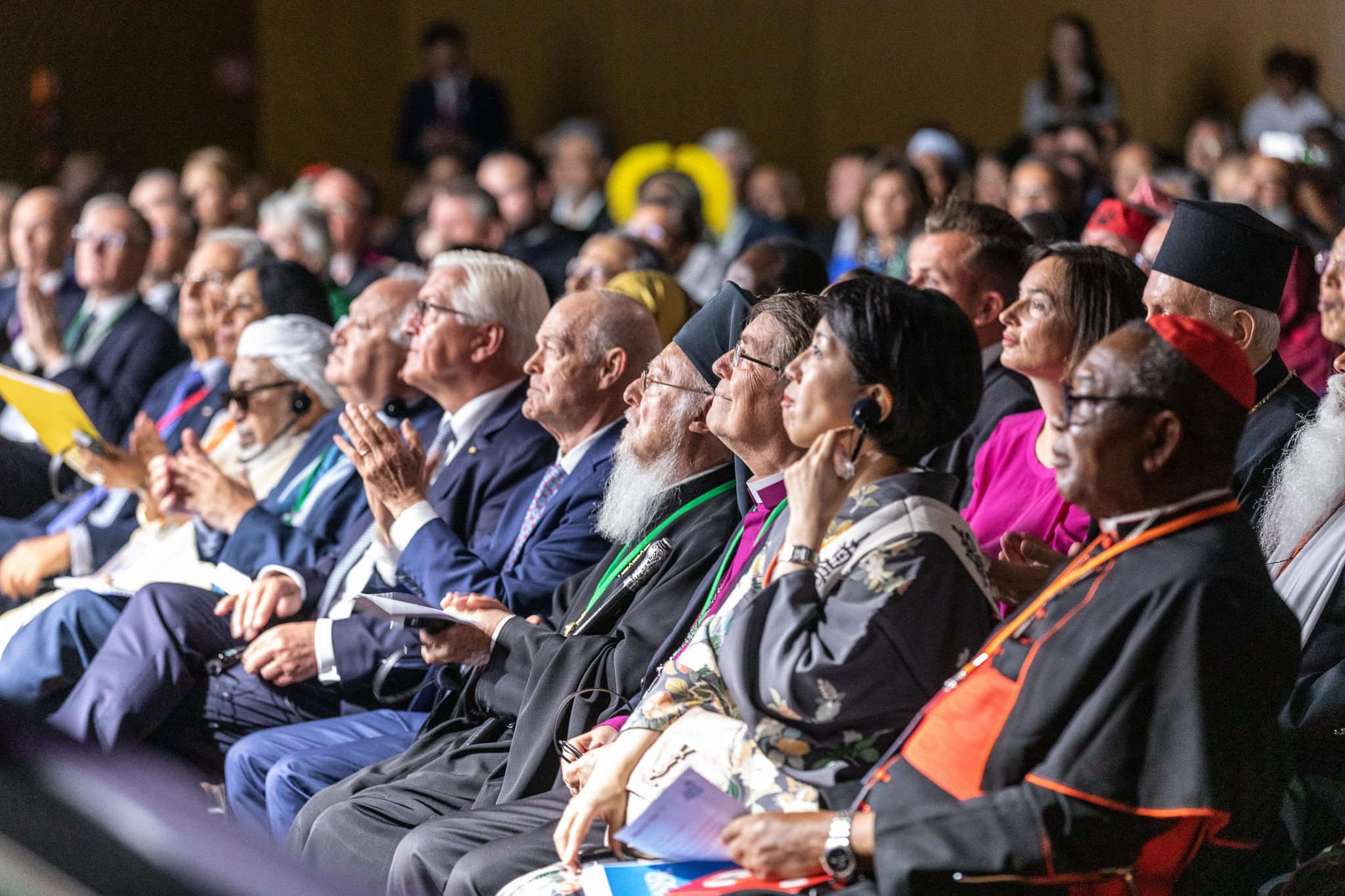
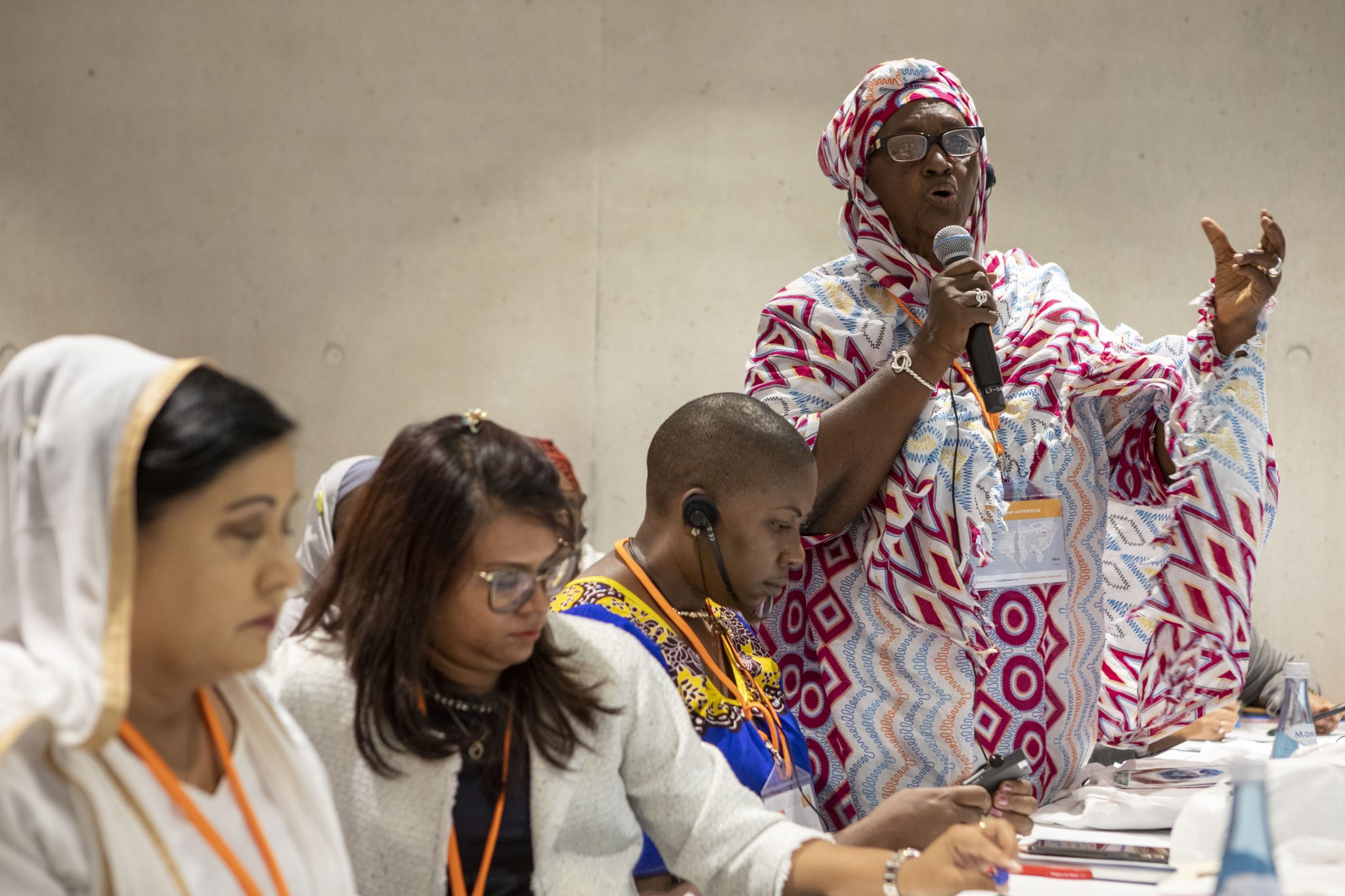
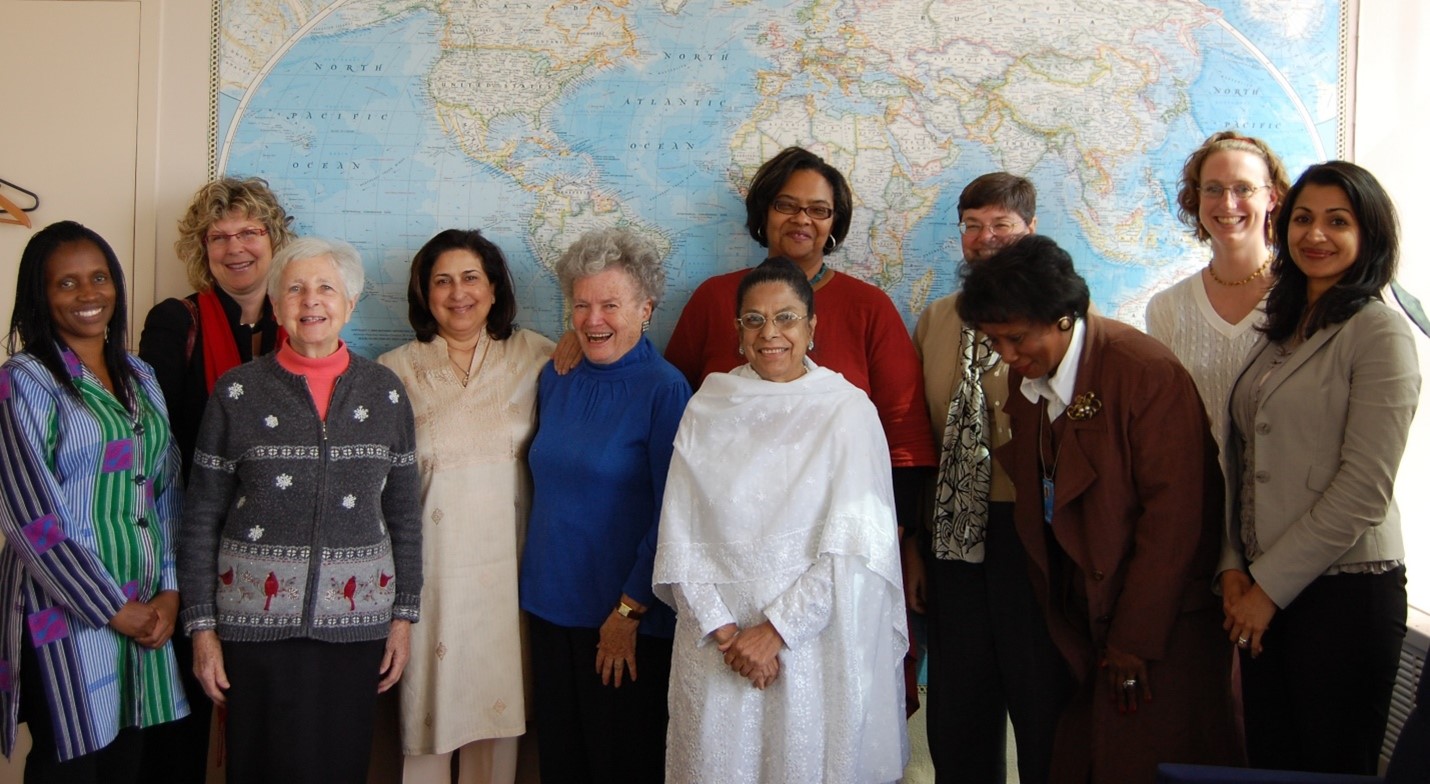
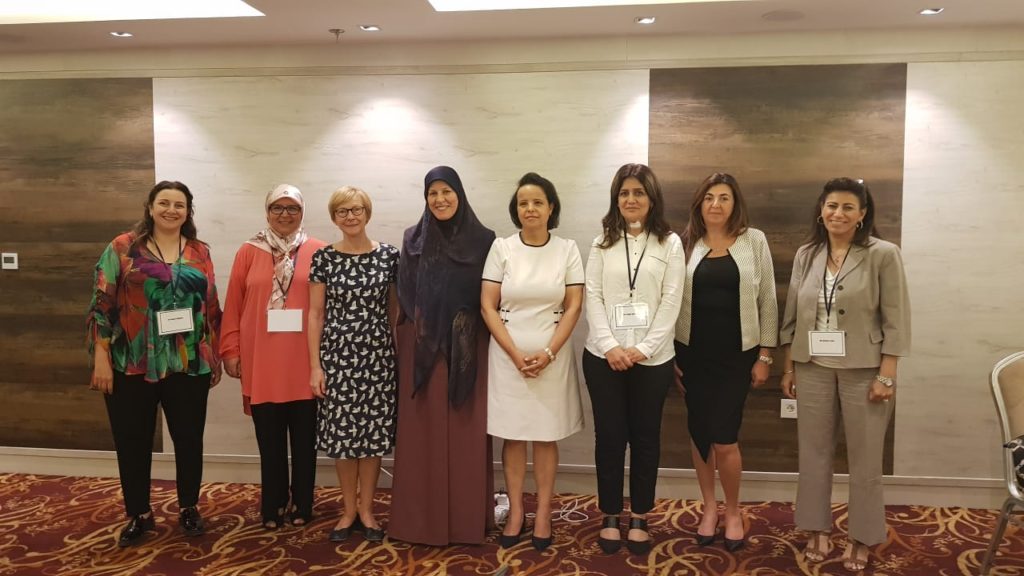
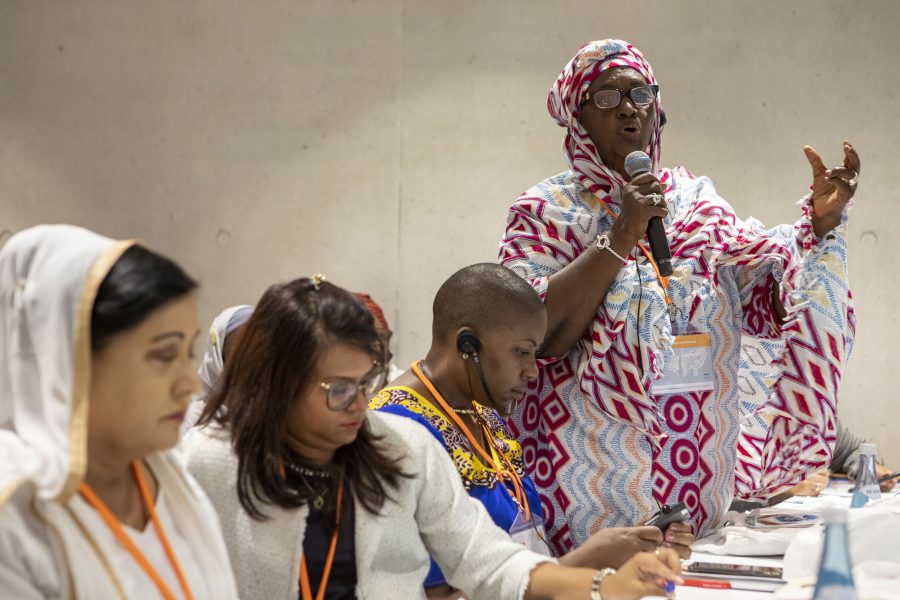
Women of Faith: The Hidden Leaders Our World Needs
Throughout history, women disproportionately suffer the consequences of violent conflict, poverty, and restrictions on their freedoms. They are the focal point of so many difficulties that they are also the first to respond in situations of social and political unrest. Many women are motivated and strengthened by their faith, yet their stories, knowledge, and expertise is seldom recognised in newsrooms and chambers of government alike.
Because of this, Religions for Peace, Ring for Peace, and the German Ministry of Foreign Affairs, will illuminate the necessary role of women in shaping the world and responding to crises. The 1st Assembly on “Women, Faith and Diplomacy,” to be held in November 2020, will provide a unique platform that will equip faith-inspired women, men, youth, with knowledge and analysis, connectivity and narratives, linking religions to peace and security, sustainable development, and human rights.
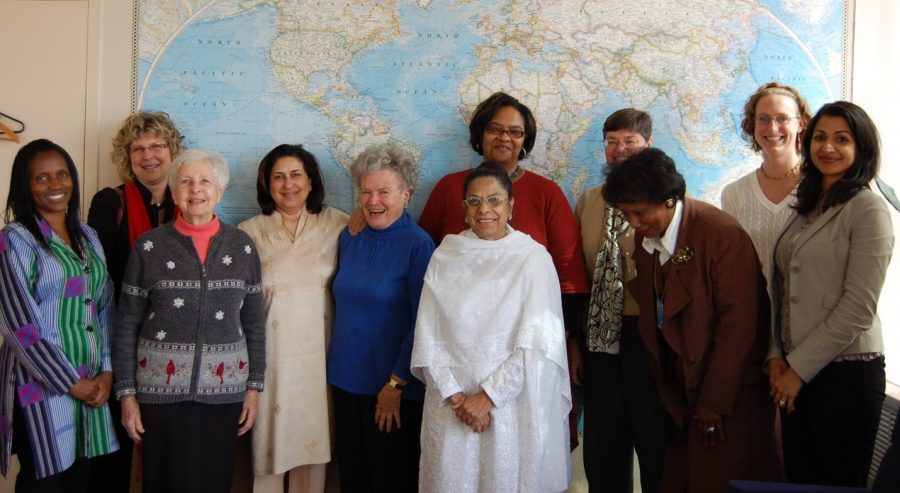
Restoring Dignity
Violence against woman is a persistent global problem – one Religions for Peace had dedicated itself to combating.
To do that, we launched the “Restoring Dignity” campaign in 2013. “Restoring Dignity” is a global push to engage religious institutions, leaders, and individuals in concerted action to end gender-based violence. We have been rallying and educating youth, raising awareness, and providing direct support and counseling to survivors of violence. These collective of efforts are aimed at shifting perceptions and changing the landscape for generations to come.
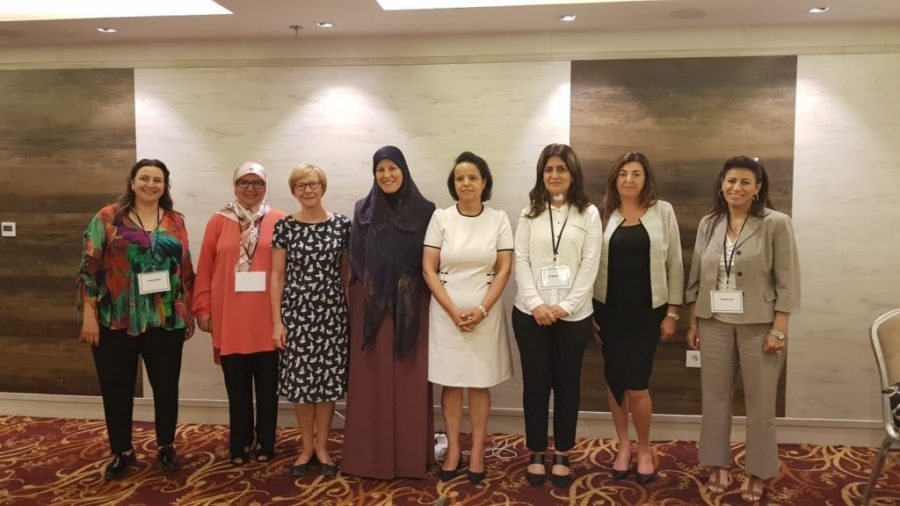
Faith-Inspired Women in the Middle East Launch a Multi-religious Platform for the Common Good
Muslim, Jewish, and Christian women of faith leaders in the Middle East and North Africa led a multi-religious mission to Jordan in 2019 to forge a historic partnership for peace in the region. With religious identity a de facto fault line for regional conflict, the coalition brought together, supported, and promoted Sunni, Shia, Christian, and Jewish women to serve as advocates and policy-influencers in the region.
This partnership was a highlight of our 10th World Assembly, where we also elected our first Muslim and first female Secretary General, Prof. Azza Karam. The largest number of women in our history were also elected to serve on the World Council – our movement’s highest-level decision-making body.
